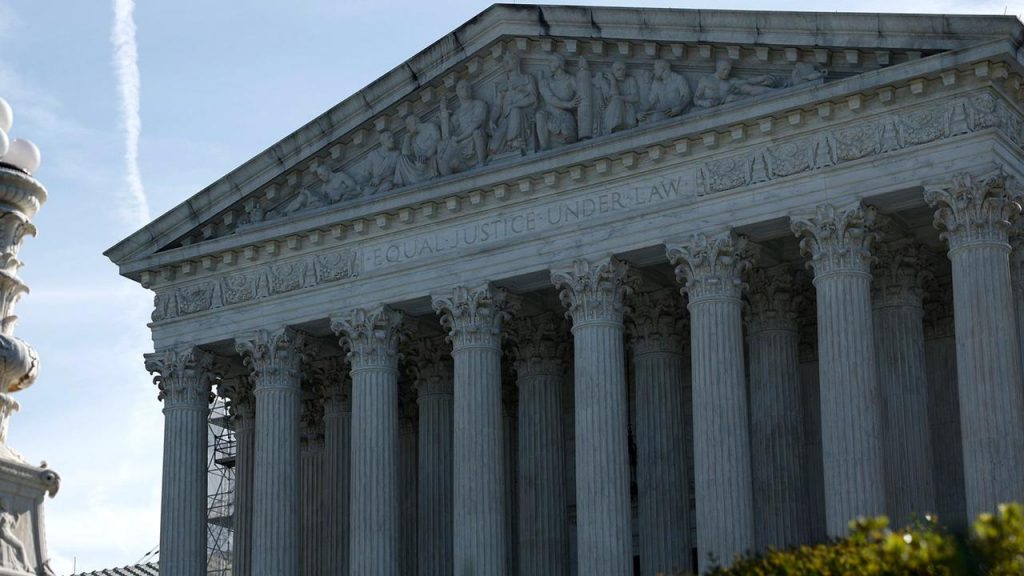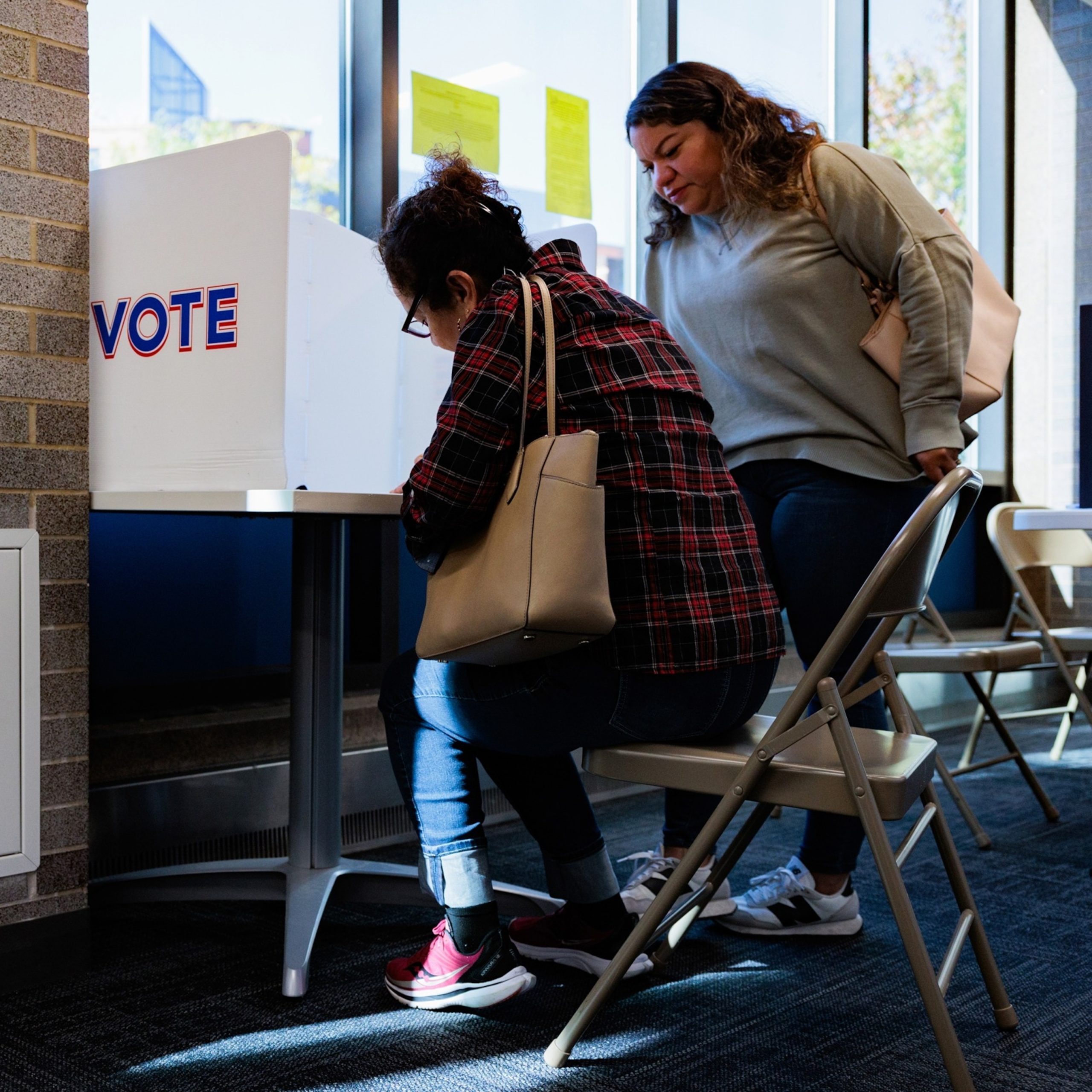The Supreme Court on Thursday upheld the congressional district lines in South Carolina, overturning a lower court’s ruling that deemed them an unlawful racial gerrymander. This decision marks a victory for Republican mapmakers who asserted that politics, not race, was the primary factor in redrawing the district boundaries.
The 6-3 ruling reversed the three-judge district court panel’s decision, which found that GOP lawmakers had improperly used race when designing Congressional District 1, currently represented by Republican Rep. Nancy Mace.
Justice Samuel Alito, writing for the conservative majority, stated that the district court’s findings were “clearly erroneous.” He emphasized that race and politics are closely intertwined in South Carolina, and the challengers of the congressional lines failed to provide concrete evidence of a racial gerrymander.
In her dissenting opinion, Justice Elena Kagan, joined by Justices Sonia Sotomayor and Ketanji Brown Jackson, accused the majority of selectively interpreting the evidence from the lower court proceedings and altering the law to hinder racial-gerrymandering cases.
South Carolina Republicans and the state’s NAACP chapter had urged the justices to issue a ruling by January to ensure clarity for the 2024 elections. However, as January passed without a decision, GOP officials requested the three-judge panel to pause its ruling, which it agreed to in March. This allowed the state to use the contested map for the upcoming congressional elections, with statewide primaries set for June 11.
Congressional District 1, situated along South Carolina’s southeastern coast and centered in Charleston County, has predominantly elected Republicans to the House since 1980, with the exception of Democrat Joe Cunningham’s win in 2018. To strengthen the GOP’s advantage, Republican lawmakers relocated over 140,000 residents from the district to Congressional District 6 during the 2021 redistricting process.
The NAACP’s South Carolina chapter and a district voter challenged the new boundaries of Congressional District 1, alleging it to be an unconstitutional racial gerrymander. An eight-day trial concluded that GOP lawmakers had impermissibly used a racial target and sorted voters predominantly by race to achieve a partisan outcome.
The Supreme Court’s majority opinion, penned by Alito, asserted that the challengers failed to present direct evidence supporting their claim that South Carolina Republicans had a racial target in mind when redrawing Congressional District 1. The court maintained that the 17% Black voting-age population was merely a byproduct of the legislature’s partisan goals.










